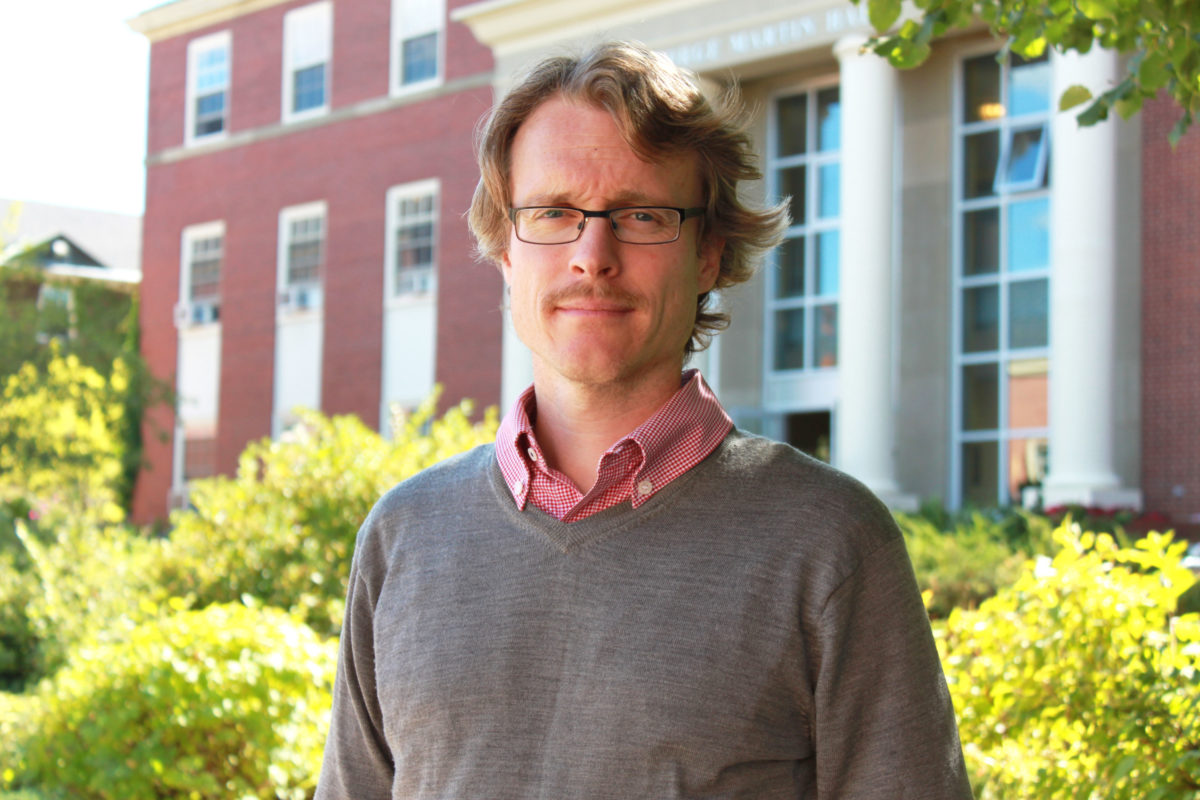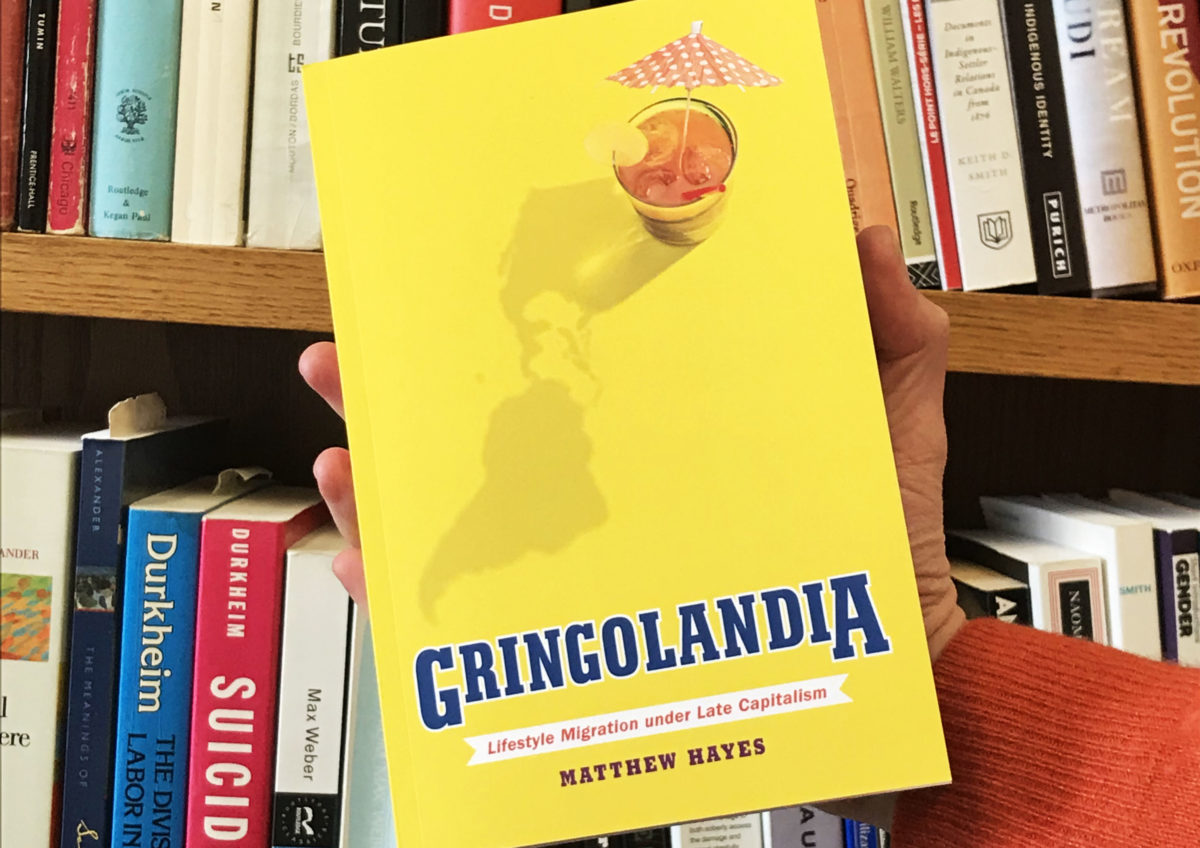The author of the book discussed in this article has written a letter to the editor in response to this article. It can be read here: “Letter to the Editor: Prof responds to article on his new book”
——————————————————————————————————————–
Matthew Hayes, a St. Thomas University sociology professor, believes that North Americans who have moved to Cuenca, Ecuador for retirement, project ideas of what he calls “white supremacy” because the city reminds them of society in the 1950s.
In his new book titled Gringolandia, Hayes explains that North American people who moved to Cuenca after the 2008 financial crisis were seeking better retirement conditions than what they could afford in the United States and Canada.
His research discusses the North American retirees’ lifestyle and the impact they have on the local context of existing inequalities of Cuenca in the 1960s.
The thought first came to Hayes while he was visiting friends in Ecuador. On his trip, he heard that North American retirees were coming to live in the city, which intrigued him.
“I was interested at first because it didn’t strike me as a place my parents, who were retiring at that time, would go to,” he said. “It doesn’t have a beach, it’s not terribly warm and it rains frequently.”
Hayes interviewed low-income North Americans in their 60s. Most of them discovered the possibility of retiring in Cuenca through advertisements, and many were motivated to move because of the the low-cost of living.
Hayes spent 35 weeks doing research in Ecuador.
However, those weeks were spread over the course of six to seven years, as he had to come back to Canada regularly to teach classes at STU.
While in Ecuador, Hayes interviewed and attended events with North Americans who lived there.

He also interviewed mestizos, Ecuadorians who are descended from Indigenous peoples.
Hayes said many of the North American retirees described themselves as economic refugees, which he believes is a bit exaggerated.
“They wanted to retire but the only way to do so would be if they moved to a lower cost location,” he said. “Some of them said they could’ve gone to a trailer park in the south of the U.S. but that is not what appealed them.”
According to his research, El Centro, the part of the city tourists visit most, reminds the retirees of North America in the 1950s, which makes them nostalgic for that era.
“When we think of North America in the 1950s, what was it like? It was before civil rights, a society of white supremacy. Families looked different from what they do now,” he said.
“There’s a nostalgia for urbanism that looks like the 1950s. I think it also says something about the nostalgia for the social relations.”
Hayes said his book is critical of how these people are positioning themselves in Cuenca, as they have privilege because of their race.
“They are not the wealthiest North Americans but their whiteness means something different in Ecuador than it did back home, and they are not always aware of that.”
Gringolandia will launch at the Brian Mulroney Hall Rotunda on Jan. 25 at 2:30 p.m.

